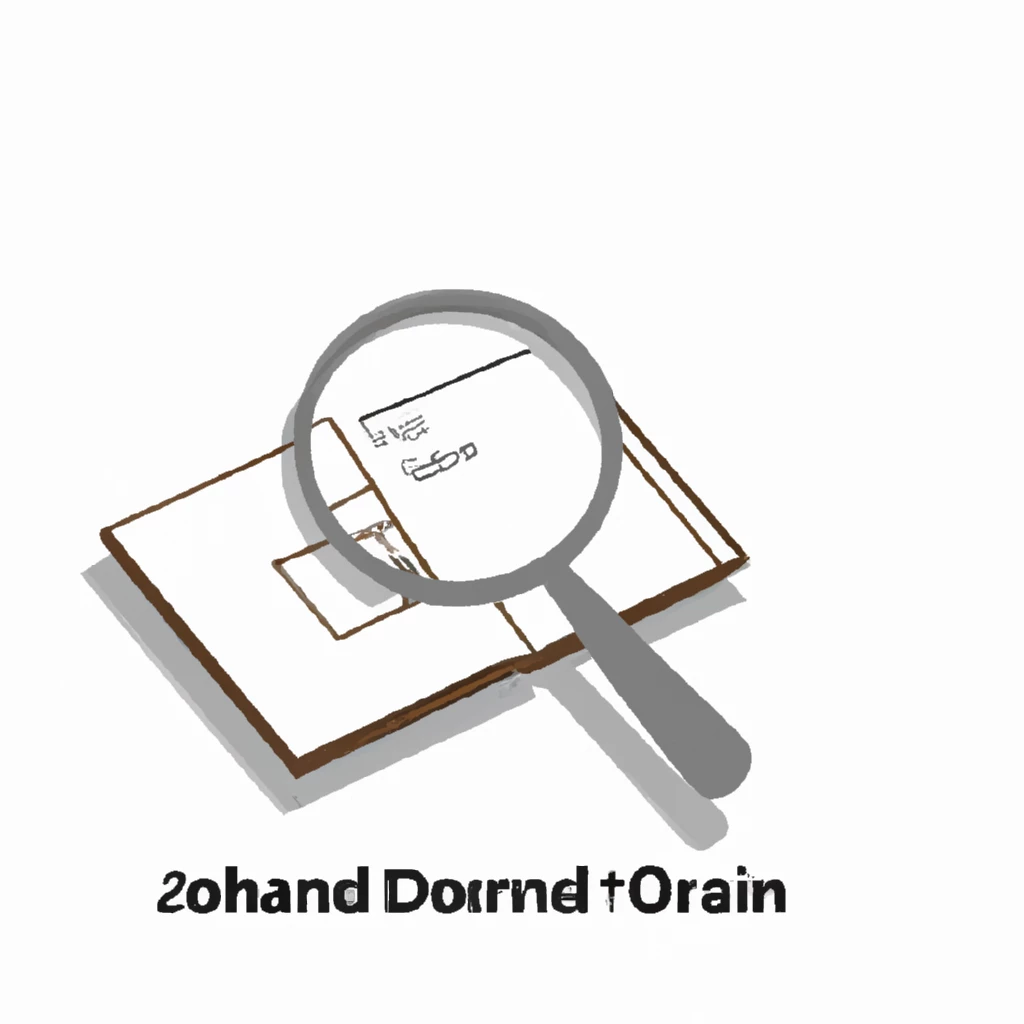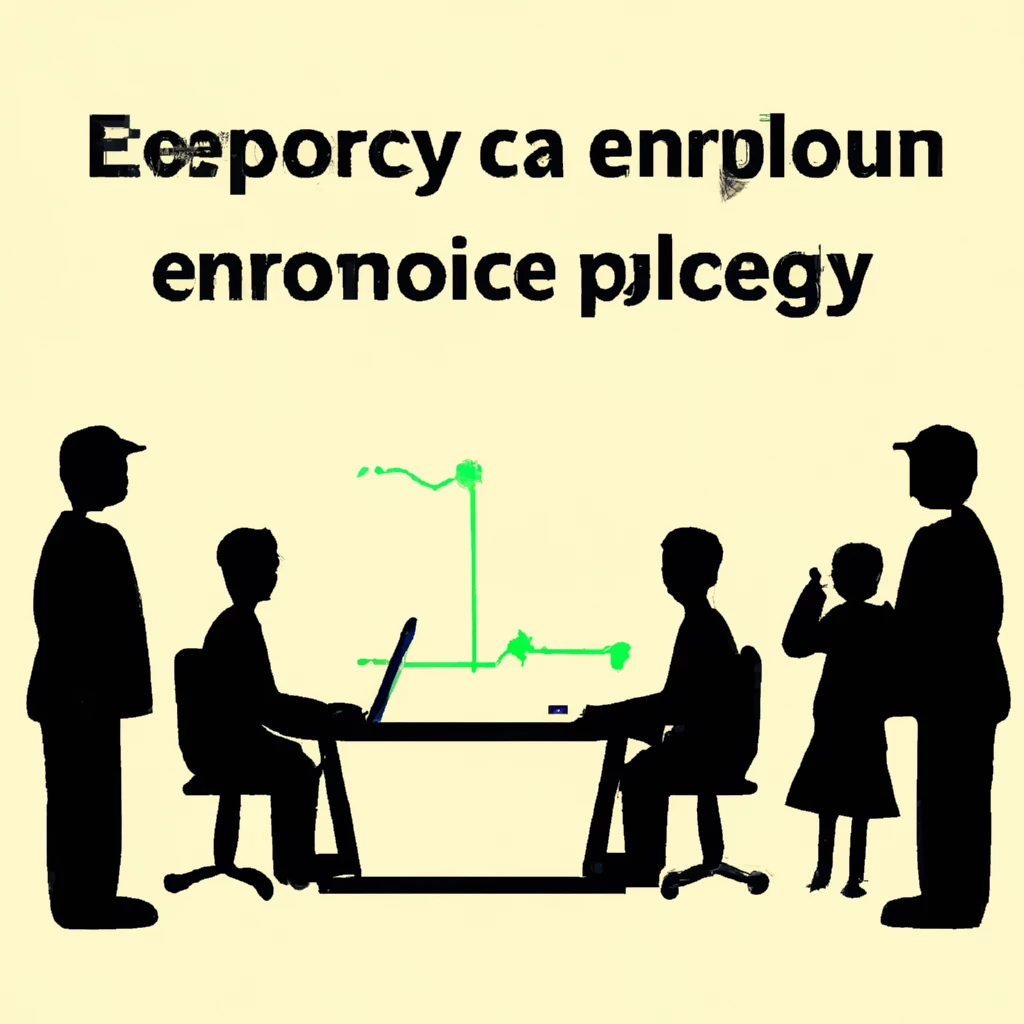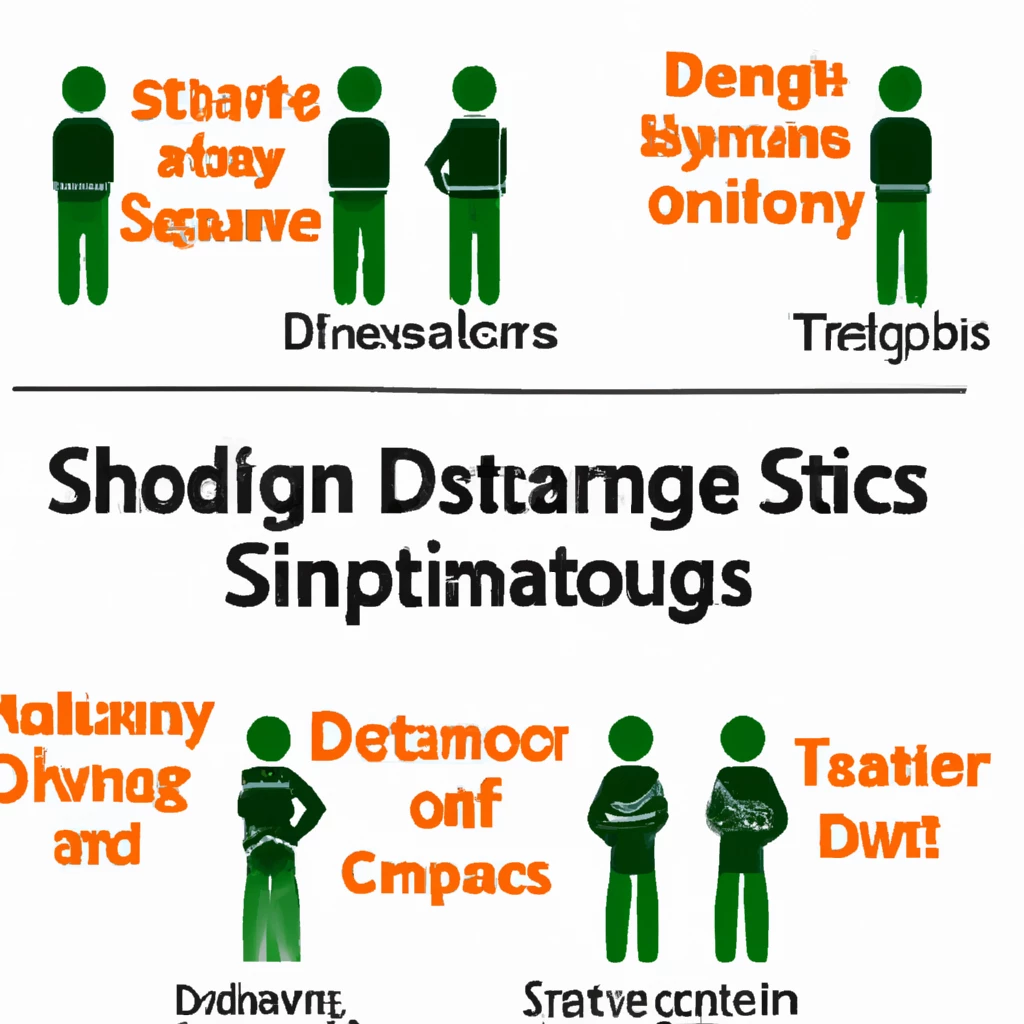
Understanding Mandatorily Redeemable Shares
Mandatorily redeemable shares refer to shares that an individual or entity must redeem for cash or another type of property at a specified time or after a particular event. Essentially, these shares come with a pre-set call option that the issuer will exercise at a predetermined future point.
Employers often issue mandatorily redeemable shares to employees as part of their compensation structure. In such cases, employees are obligated to redeem these shares for cash or bonds based on specific events or timelines set by the employer.
Understanding Mandatorily Redeemable Shares
An example where mandatorily redeemable shares might be issued is when an employee resigns from a company. The employer can then exercise their call option on these shares, compelling the departing employee to sell their company shares back. This could occur when the shares are restricted and profitable, or in closely-held companies with limited shares available for trade.
Historically, there has been uncertainty regarding how the issuer should account for mandatorily redeemable shares due to their dual nature of both liabilities and equity.
According to regulations by the Securities and Exchange Commission (SEC), securities that can be redeemed for cash or other assets at a predetermined price in the future, at the holder’s discretion, or due to an uncontrollable event must be classified outside of permanent equity. Financial Accounting Standards Board (FASB) Statement 150 specifies when mandatorily redeemable shares should be recorded as liabilities in a company’s financial statements.
Example of Mandatorily Redeemable Shares
For instance, Company ABC offers redeemable stock that can be mandatorily redeemed at a liquidation preference of $40 three years later. This means that after three years, the company can repurchase the shares at $40 each. If these shares were issued to employees or investors, they would be obliged to sell them back to ABC at the predefined price if ABC chooses to exercise its call option.







